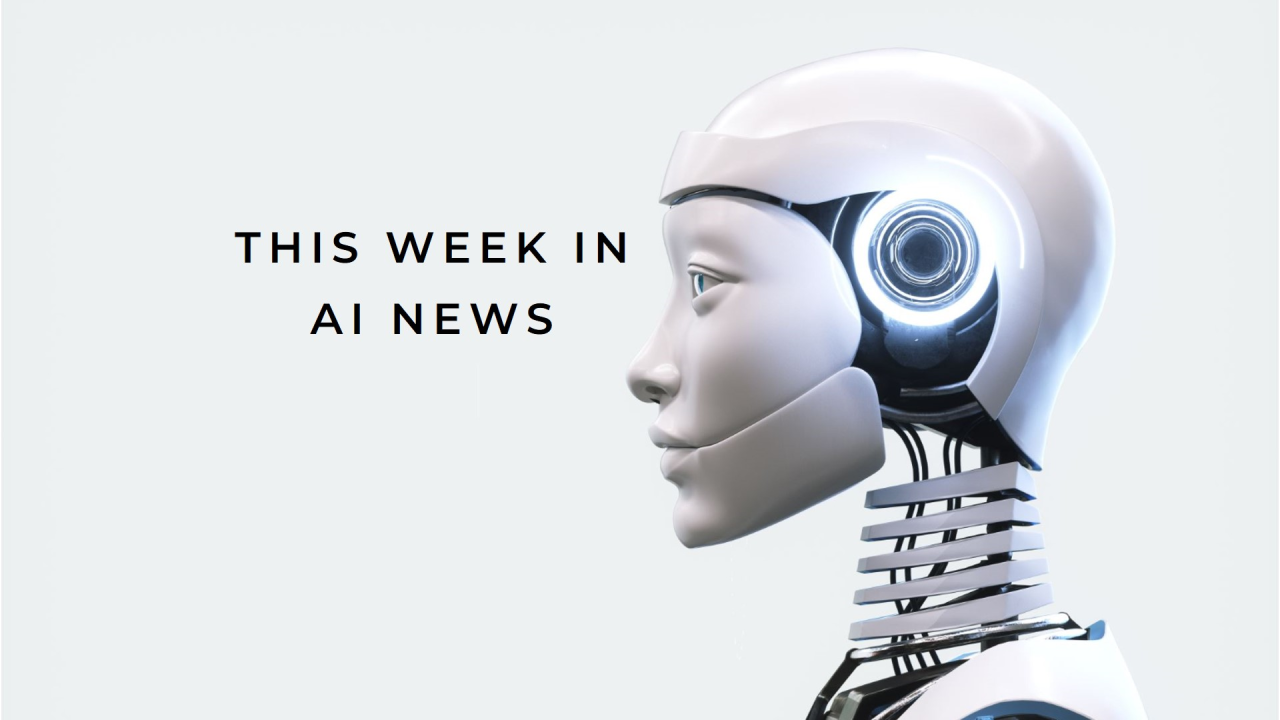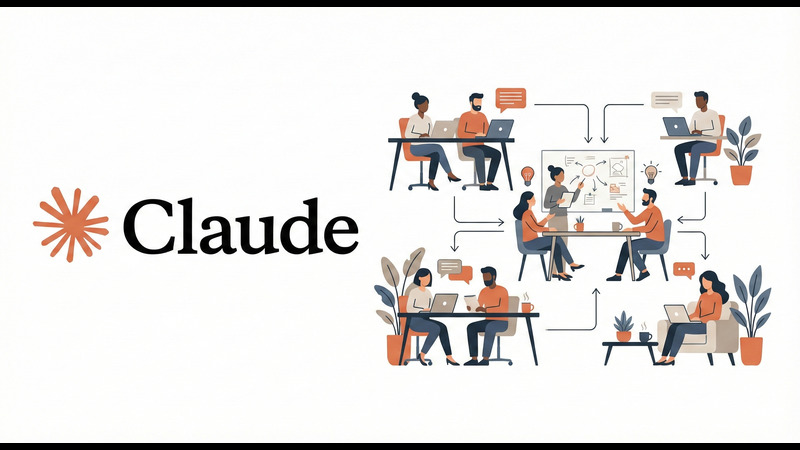Introduction: A Week of Chaos in the AI Crypto Space
The past week has been nothing short of brutal for AI-related crypto projects. Market sentiment plummeted, AI tokens lost billions in value, and airdrop controversies left investors disillusioned.
At the heart of the turmoil was the launch of DeepSeek, an AI model that triggered a deflationary shock, making intelligence significantly cheaper. This single event, combined with growing skepticism across the sector, led to a massive sell-off in AI tokens.
Is this a short-term correction, or is AI crypto at risk of losing its momentum altogether?
The AI Token Bloodbath: Billions Lost in Days
AI-related tokens faced one of the worst weeks in recent history, with massive losses across the board:
- MOSS, NOVA, and ELIZA plunged 50% in a single week.
- Even established AI names like VIRTUAL, AI16Z, AIXBT, and FARTCOIN dropped between 20% and 30%.
- VVV saw its market cap collapse from $680M to just $170M, a staggering 70% loss.
What Triggered the Crash?
The launch of DeepSeek was a catalyst. As AI technology evolves, the cost of intelligence is rapidly decreasing. This means that AI crypto projects need to justify their value beyond mere speculation—a challenge many have yet to overcome.
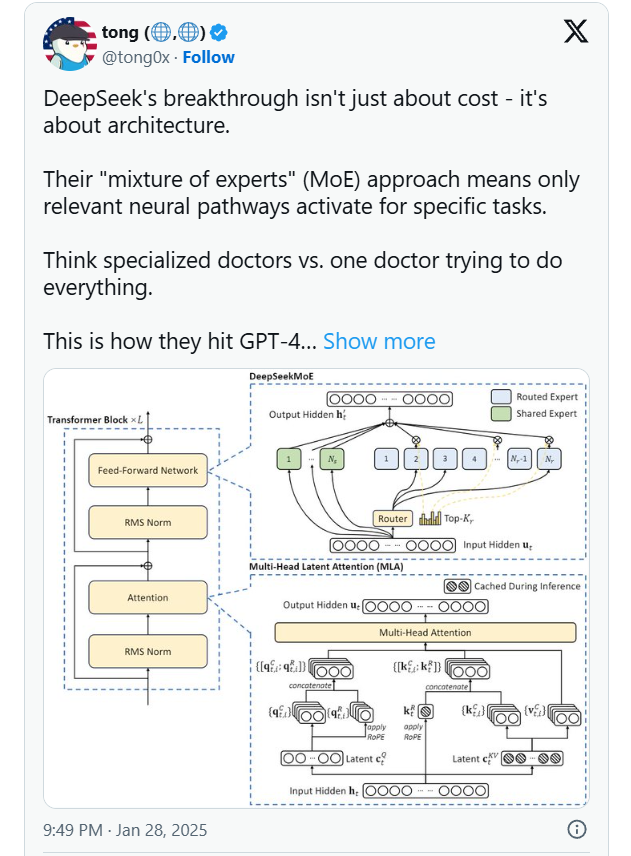
Additionally, broader market weakness has left investors hesitant to allocate capital to experimental sectors like AI crypto. The result? A wave of panic selling, with many questioning whether AI tokens have long-term sustainability.
The VVV Airdrop Controversy: A Cautionary Tale of Greed and Mismanagement
Among the biggest stories this week was the VVV token launch by Venice—a project designed to provide a decentralized ChatGPT-like experience.
At first glance, the airdrop seemed revolutionary:
- 10 million tokens (out of 25M total) were distributed to Venice users and Base token holders.
- 124 wallets received between $40K and $80K worth of VVV.
- 287 wallets earned more than $80K in free tokens.
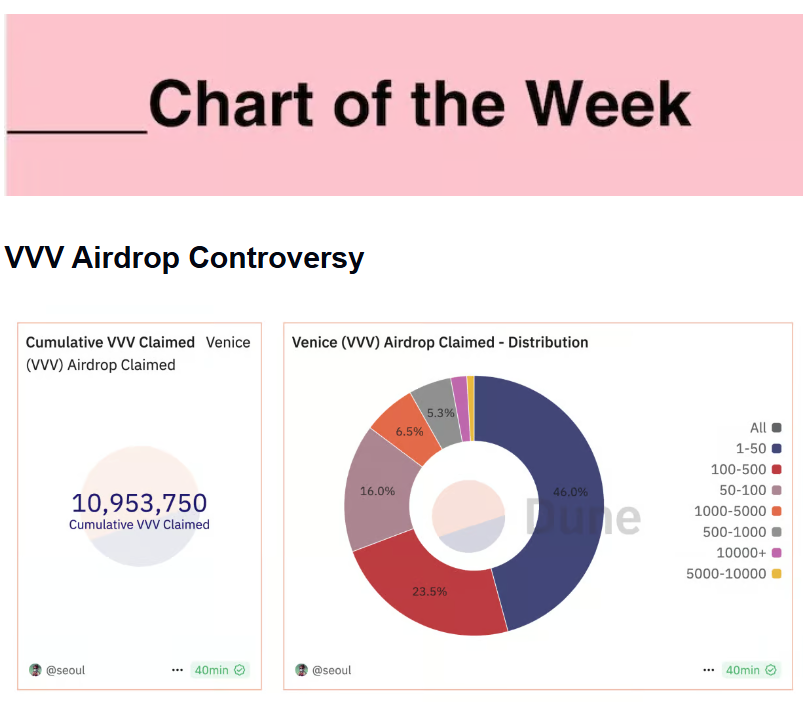
However, within 24 hours, the launch turned into a disaster:
- The token price crashed by 70%.
- Coinbase listed VVV almost immediately, further accelerating the dump.
- Venice insiders were found selling their allocations early, dumping ~1% of the total supply on day one.
Adding to the controversy, Venice was caught sending AI inference requests in plain text, raising serious privacy concerns about whether GPU providers could access user data.
For many, this was yet another example of how AI crypto projects struggle with trust, transparency, and long-term vision.
Nous Psyche: A Bold Attempt to Decentralize AI
While much of the AI crypto space was dealing with losses and controversy, Nous Research introduced Nous Psyche, an ambitious project aiming to decentralize and democratize AI development.
What is Nous Psyche?
Nous Psyche is a decentralized AI infrastructure built on Solana that focuses on cooperative AI training. It proposes a model where both individual GPU owners (such as gamers with high-end graphics cards) and large data centers can contribute computing power to train AI models.
The project unfolds in two phases:
- Phase 1 – Distributed training using a network of decentralized GPUs.
- Phase 2 – Expansion into reasoning and reinforcement learning, allowing AI models to improve independently.
Nous Research previously trained a 15 billion-parameter model across multiple locations in the U.S. and Europe—proving that large-scale distributed AI training is possible.
A Potential Game Changer?
If successful, Nous Psyche could shift the power away from centralized AI giants and provide an alternative approach to AI development.
Although Nous has not yet announced a token, speculation is growing that one will be launched. If executed well, a Nous Psyche token could be the next major opportunity in AI crypto—but as always, execution is key.
The Future of AI Crypto: Where Do We Go From Here?
The current crisis in AI crypto raises several fundamental questions:
- Can AI tokens prove their real-world utility, or are they purely speculative assets?
- Will decentralized AI projects like Nous Psyche be able to compete with centralized AI providers?
- How can AI crypto projects rebuild trust after multiple scandals and failed launches?
While some projects, such as TAO and MOR, managed to hold strong during the downturn, the broader sector is at a critical inflection point.
Upcoming Events to Watch
Despite the turmoil, several major AI crypto developments are on the horizon:
- Bittensor’s dTAO upgrade is expected in mid-February, potentially sparking renewed interest in the project.
- Nillion Network is launching a privacy-focused AI model, addressing concerns raised by the Venice scandal.
- Story Protocol is working with David Goyer (writer of The Dark Knight trilogy and Blade) to create a blockchain-driven AI-powered storytelling universe.
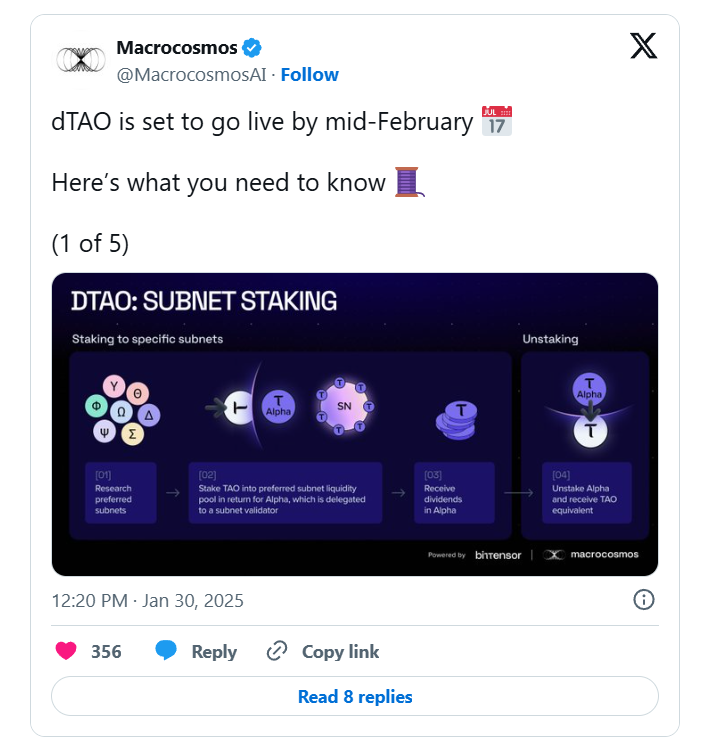
With so much at stake, the next few months will determine whether AI crypto recovers—or fades into irrelevance.
Conclusion: A Pivotal Moment for AI Crypto
AI crypto has captivated the imagination of investors and technologists alike, but recent events highlight its fragility. From major market losses to trust-shattering controversies, the sector must now prove that it is more than just speculation.
The next wave of AI crypto projects must deliver real value, solve real problems, and build sustainable business models. Otherwise, the hype cycle will inevitably collapse.
